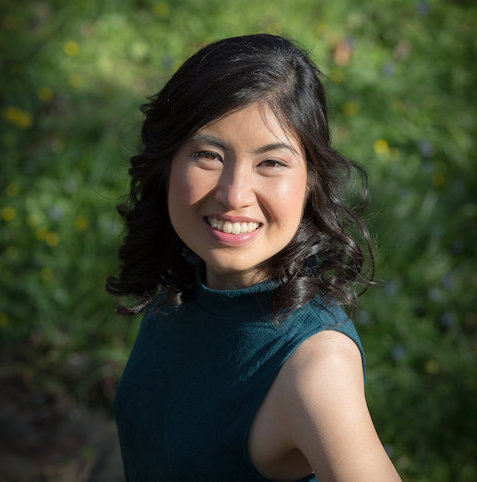Systems Seminar - ECE
Influence Maximization in Stochastic and Adversarial Settings
Add to Google Calendar

We consider the problem of influence maximization in fixed networks, for both stochastic and adversarial contagion models. In the stochastic setting, nodes are infected in waves according to linear threshold or independent cascade models. We establish upper and lower bounds for the influence of a subset of nodes in the network, where the influence is defined as the expected number of infected nodes at the conclusion of the epidemic. We quantify the gap between our upper and lower bounds in the case of the linear threshold model and illustrate the gains of our upper bounds for independent cascade models in relation to existing results. Importantly, our lower bounds are monotonic and submodular, implying that a greedy algorithm for influence maximization is guaranteed to produce a maximizer within a 1-1/e factor of the truth. In the adversarial setting, an adversary is allowed to specify the edges through which contagion may spread, and the player chooses sets of nodes to infect in successive rounds. We establish upper and lower bounds on the pseudo-regret for possibly stochastic strategies of the adversary and player. This is joint work with Justin Khim and Varun Jog.
I am an assistant professor in the Department of Electrical and Computer Engineering at the University of Wisconsin – Madison, with a secondary appointment in the Department of Statistics. I am also an affiliated faculty member of the Grainger Institute for Engineering and the Wisconsin Institute for Discovery.
My current research interests include high-dimensional statistics, (non)convex optimization, graphical models, causal inference, information theory, network inference, and robust statistics. I am also interested in statistical applications to medical imaging and epidemiology.
 MENU
MENU 
